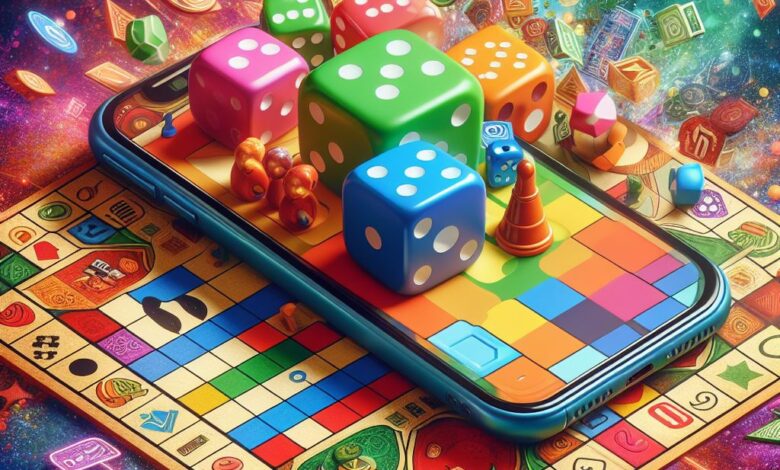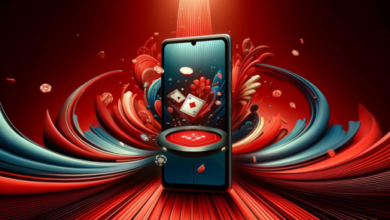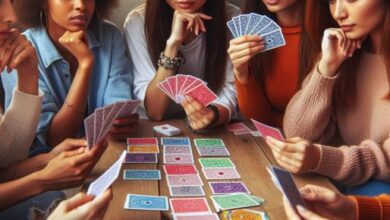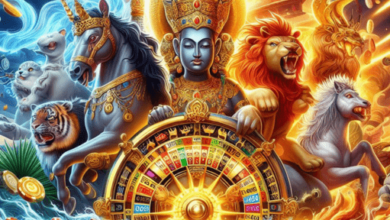Beyond the Board: The Cultural Impact of Ludo in Modern Times

Ludo, a game with ancient origins and a timeless appeal, has transcended its humble beginnings to become a cultural icon in the modern world. While it began as a traditional board game enjoyed in family settings, its impact now extends far beyond the confines of the game board. From influencing social gaming to shaping intellectual thinking, Ludo’s cultural significance in modern times is profound and multifaceted. Let’s explore how this beloved game continues to make its mark in contemporary society.
1. A Symbol of Tradition and Cultural Practices
Preserving Heritage:
Ludo, known as “Pachisi” in its original form, is deeply rooted in Indian culture and history. It symbolizes traditional values and family bonding, representing a connection to cultural heritage. Paying Ludo has been cherished for generations. The game’s simplicity and inclusivity make it a perfect medium for passing down traditions and creating shared memories.
2. Educational and Cognitive Benefits
Learning Through Play:
Ludo’s impact extends into learning and cognitive development where players recognize the game’s value in promoting critical thinking, strategic planning, and problem-solving skills. By incorporating Ludo into their daily life, everyone including children can develop essential cognitive abilities while having fun.
Gamification of Learning:
The concept of gamification, where game elements are used to enhance learning experiences, has gained traction in modern education. Ludo’s structure—turn-based play, goal-setting, and strategy—aligns with gamification principles, making it a valuable asset in creating engaging learning environments.
3. A Medium for Social Gaming
Digital Evolution:
The advent of digital platforms has transformed Ludo into a global phenomenon. Online versions of the game enable players from different places and cultures to connect, compete, and collaborate. This digital expansion has introduced Ludo to new audiences, breaking down geographical barriers and fostering a sense of gaming community.
Social Gaming Trends:
Online Ludo platforms often feature social elements such as built-in chat functions, leaderboards, and multiplayer modes. These features enhance the gaming experience, allowing players to participate in mega tournaments, play, and win.
4. Cultural Adaptations and Innovations
Regional Variants:
As Ludo has spread across the globe, it has been adapted and reimagined in various cultural contexts. Regional variants of the game often incorporate unique ludo rules and modes that reflect local traditions and preferences. These adaptations highlight the game’s versatility and its ability to resonate with diverse cultural audiences.
5. The Role of Ludo in Popular Culture
Media and Entertainment:
Ludo’s influence extends into popular culture through its representation in media and entertainment. The game has been featured in films, television shows, and literature, often symbolizing nostalgia, family dynamics, and cultural heritage. These portrayals reinforce Ludo’s status as a cultural icon and contribute to its ongoing relevance.
Influence on Contemporary Games:
Ludo’s impact is also evident in the design and development of contemporary board games. Many modern games draw inspiration from Ludo’s mechanics, incorporating elements of strategy, chance, and competition. This influence reflects Ludo’s enduring legacy and its role in shaping the landscape of modern gaming.
Conclusion: A Timeless Legacy
Ludo’s cultural impact in modern times is a testament to its enduring charm and relevance. From its role in preserving cultural traditions and fostering family connections to its influence on education and global gaming, Ludo continues to be a significant cultural phenomenon. Its ability to adapt and thrive in the digital age while maintaining its traditional roots showcases the game’s versatility and timeless appeal.
As Ludo evolves and adapts to contemporary trends, its cultural significance remains steadfast. The game’s ability to bridge generations, connect people across borders, and enrich educational experiences underscores its lasting legacy. Whether you play Ludo around a physical board or through a digital platform, Ludo continues to be a beloved and influential part of our cultural landscape.





